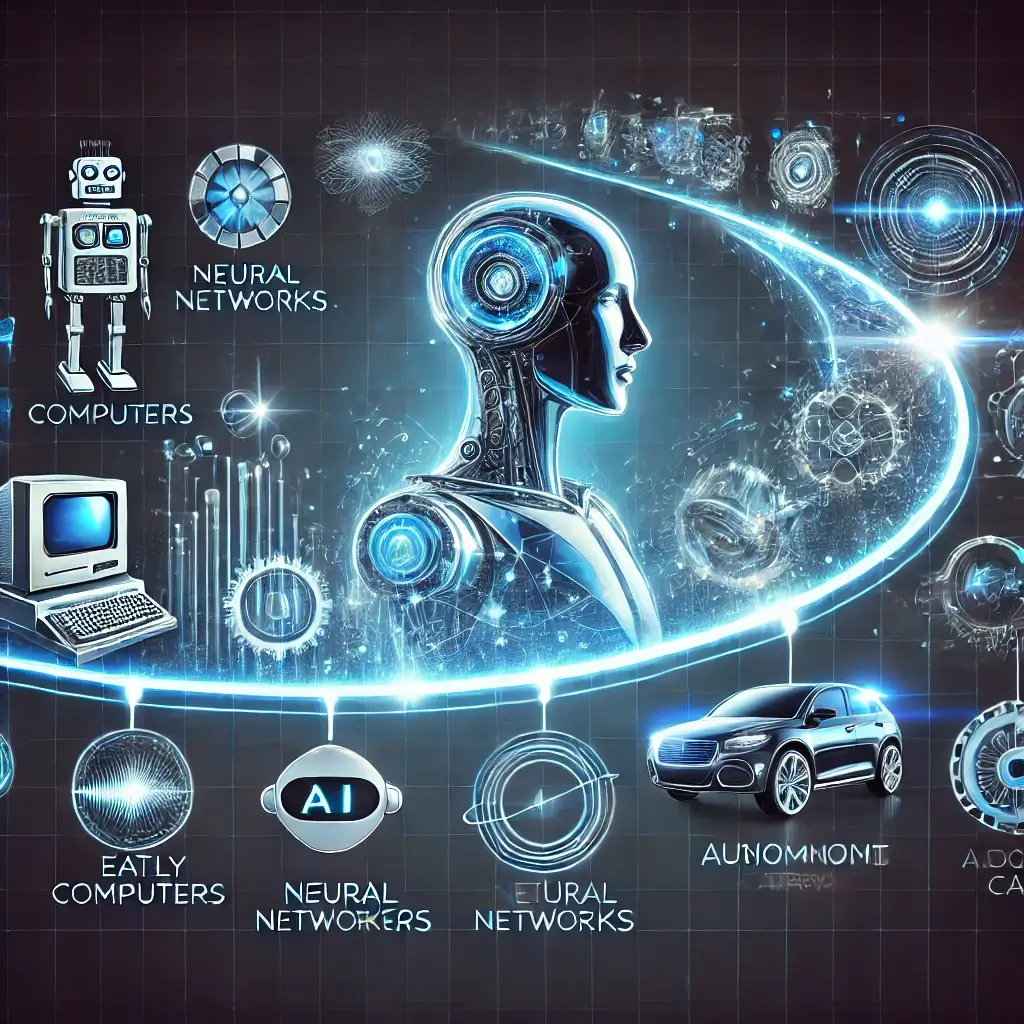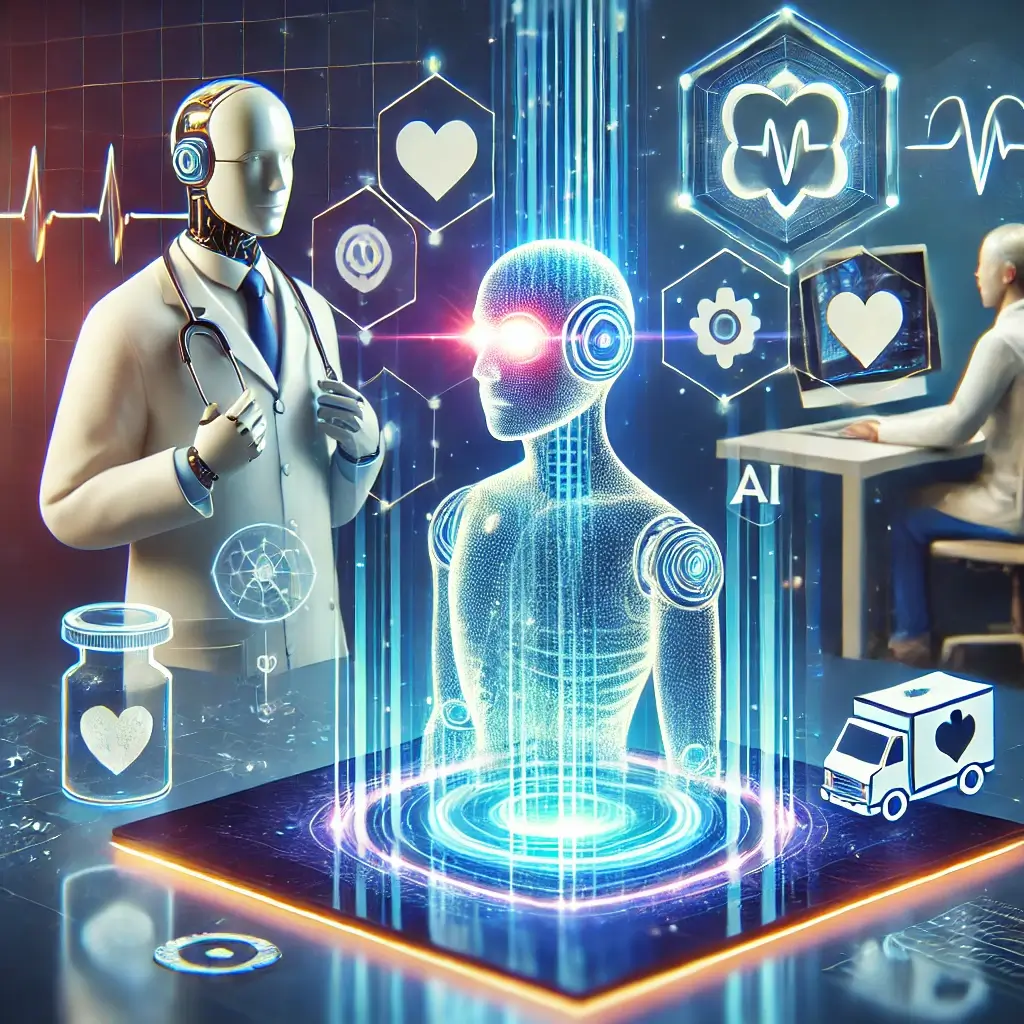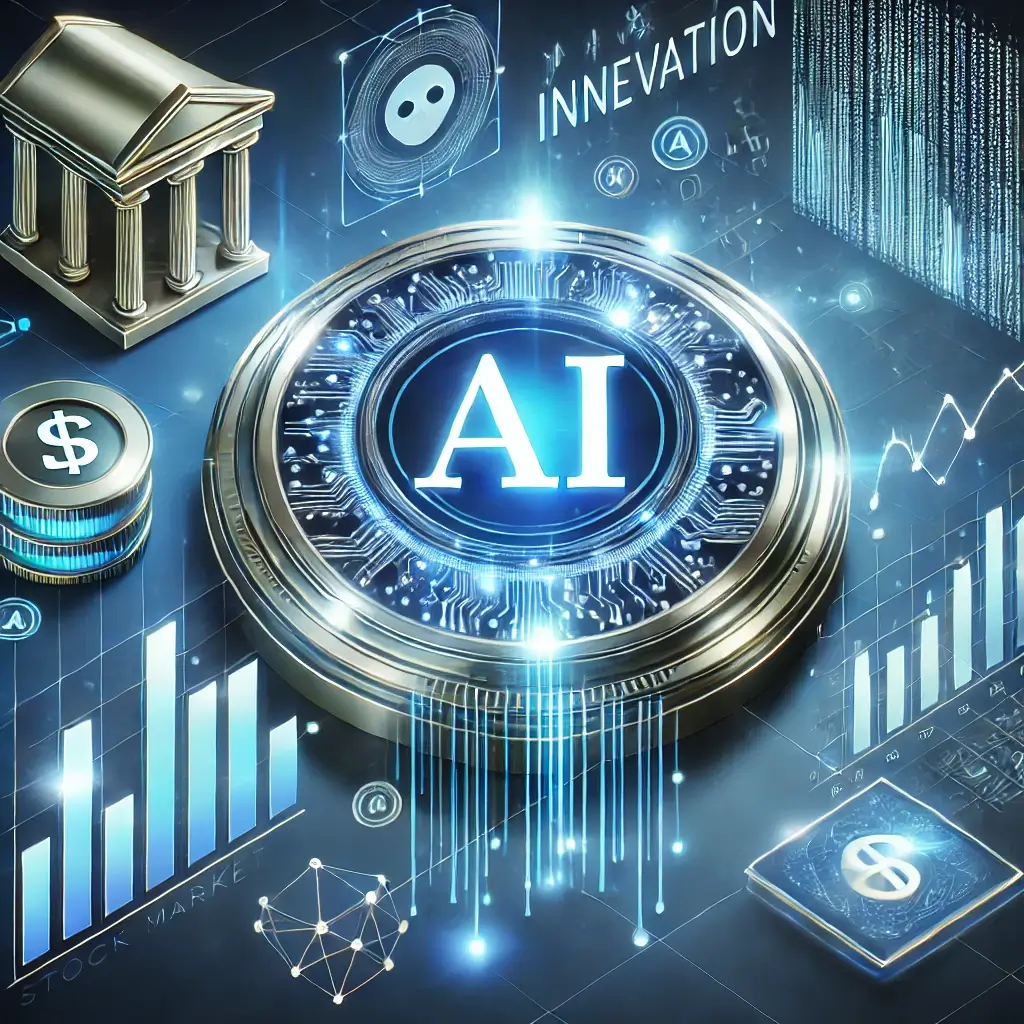Introduction
AI is transforming the education landscape by enabling personalized learning experiences that cater to the unique needs of each student. Traditional one-size-fits-all teaching methods often fail to address individual learning styles, but AI-powered tools are changing this dynamic.
Intelligent Tutoring Systems
AI-driven tutoring systems assess a student’s strengths and weaknesses, tailoring lessons to their specific needs. These systems provide immediate feedback, helping students learn at their own pace and boosting engagement. Advanced systems can even detect emotional cues, such as frustration or boredom, and adjust the learning approach accordingly.
Enhancing Accessibility
Virtual classrooms powered by AI break geographical barriers, providing access to quality education worldwide. AI also assists educators by automating tasks like grading and attendance tracking, allowing teachers to focus on student interaction.
Gamification and Adaptive Learning Platforms
Adaptive learning platforms like Duolingo adjust exercises based on user performance, ensuring a more effective and engaging learning process. Gamification elements, such as rewards and progress tracking, are often integrated into these platforms to make learning enjoyable and motivating.
Conclusion
AI is creating more equitable and effective learning environments, ensuring that education evolves alongside technological advancements. However, addressing the digital divide and ensuring data privacy in educational applications will be vital for long-term success.
Learn more from us
join the movement
Unlock the power of AI to streamline and automate tasks across your digital workspace.












